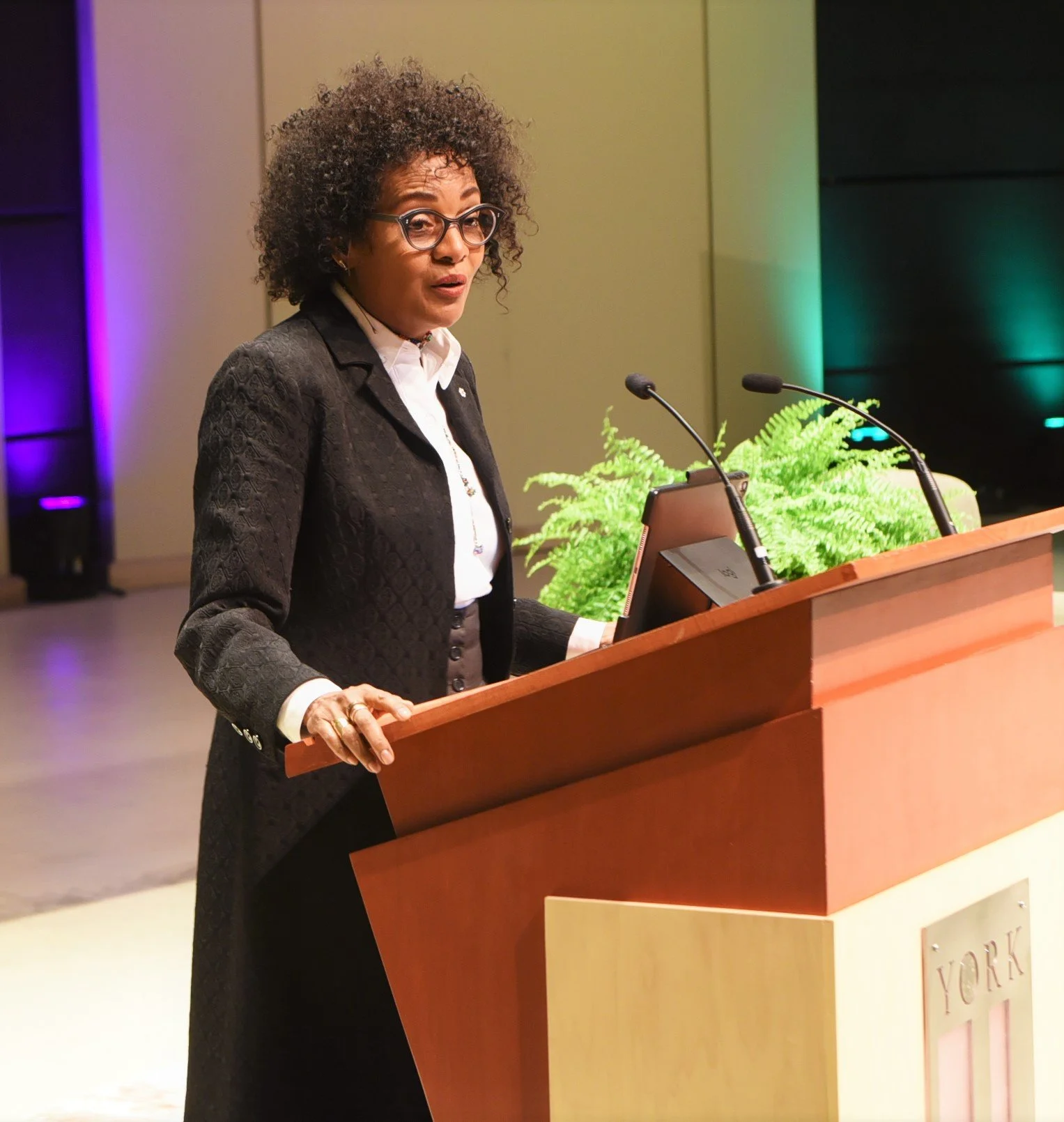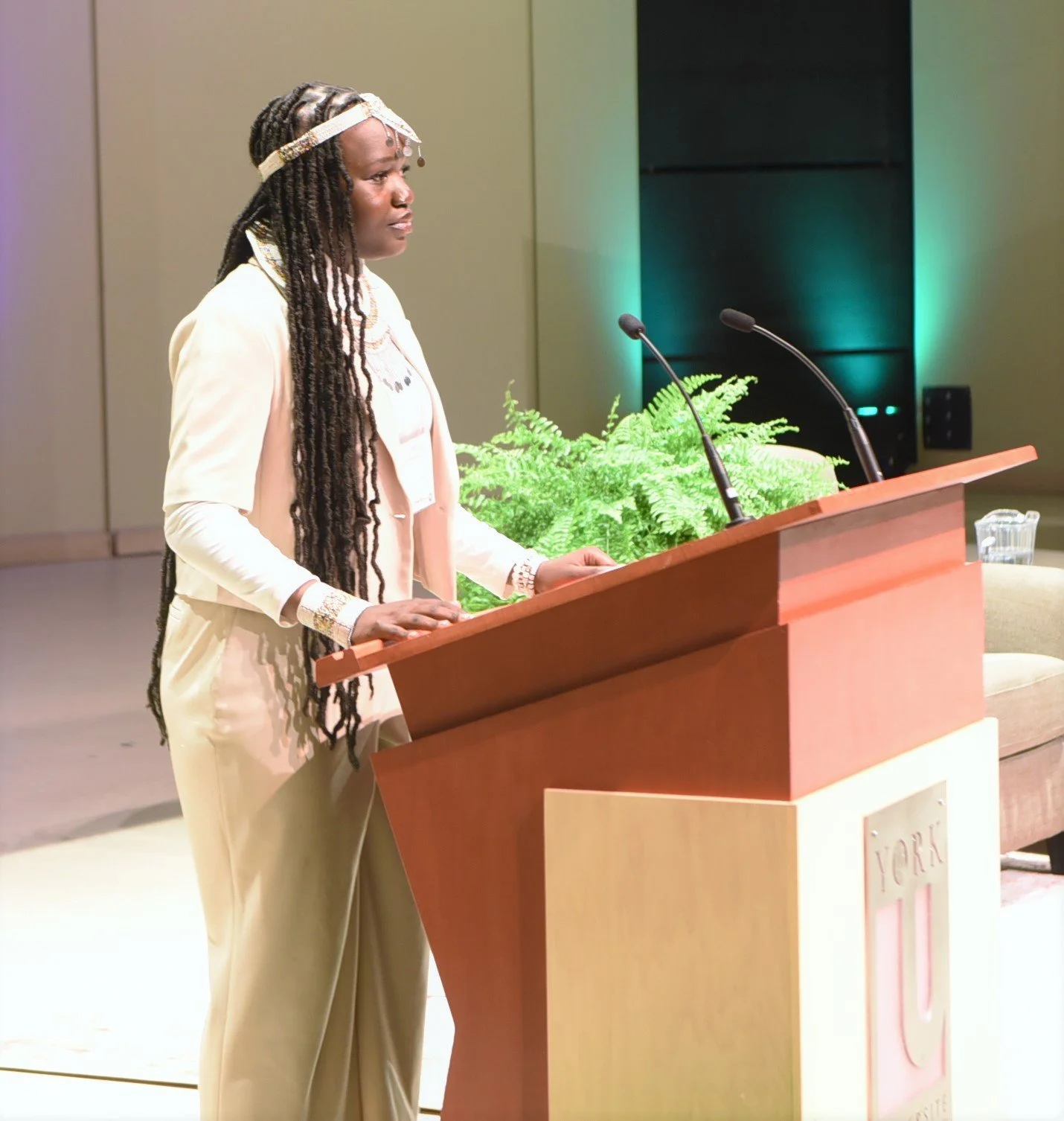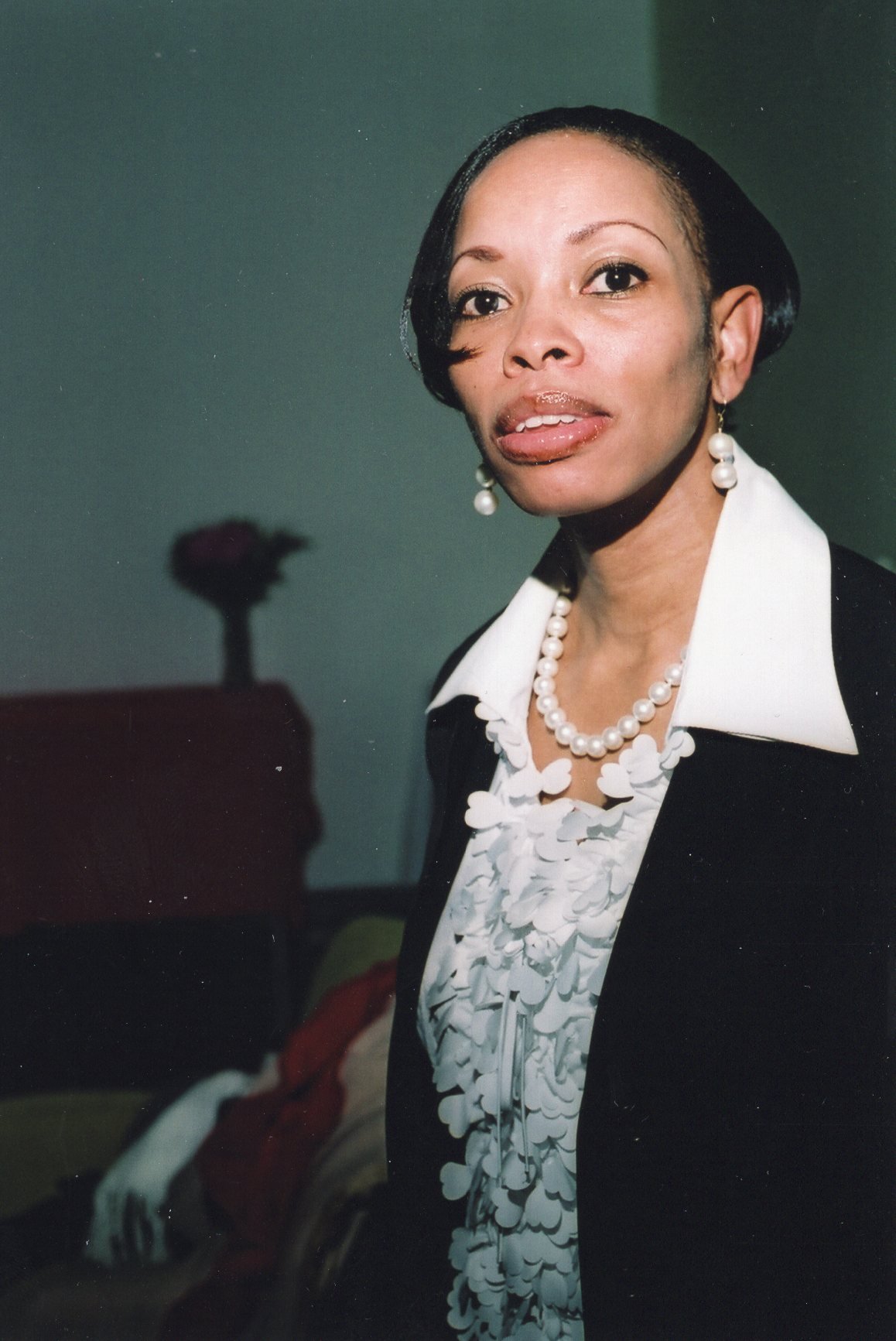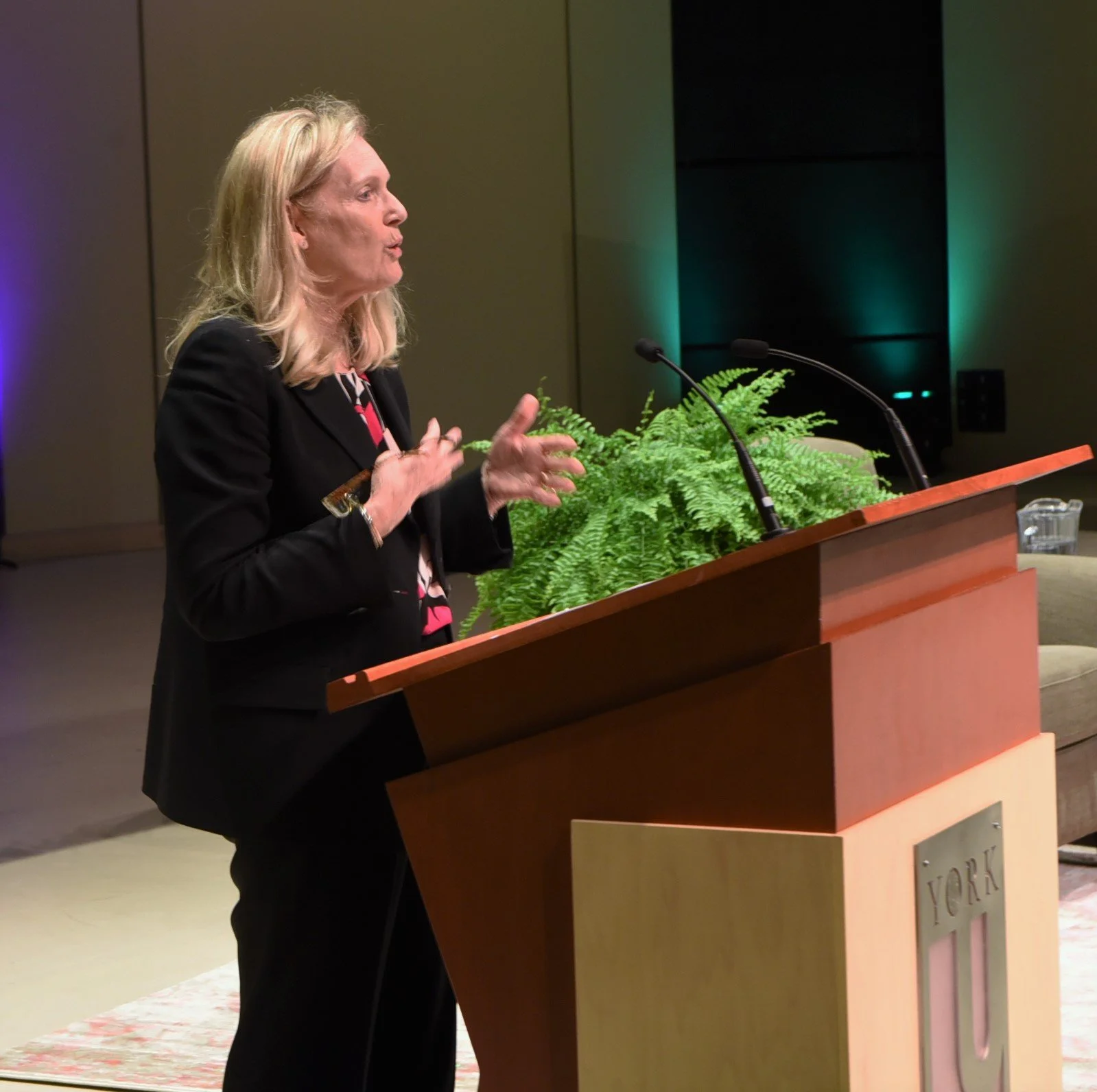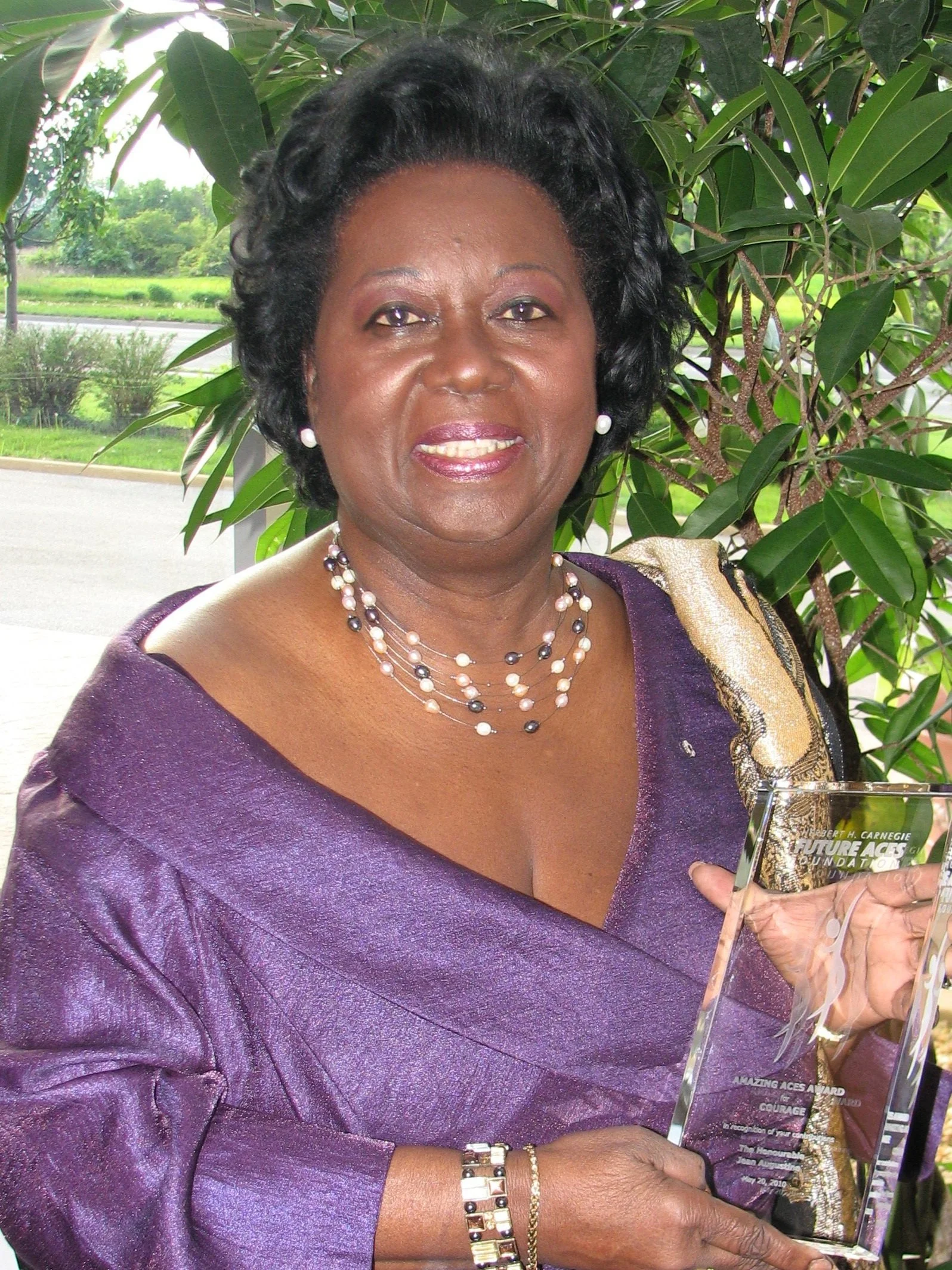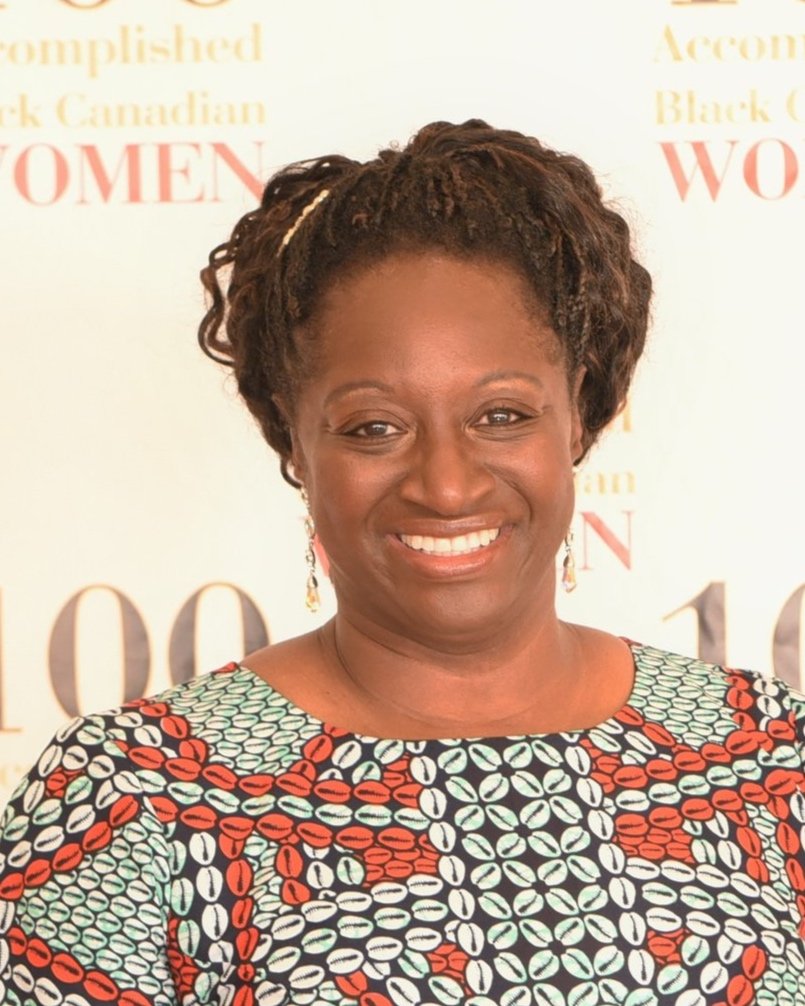Michaelle Jean tells Congress 2023 delegates Haiti's leadership partly responsible for country's decline
August 10, 2023
While outside forces have contributed to Haiti becoming a failed state, the country’s leadership is as much to blame for the perpetual decline, says Michaelle Jean who was Canada’s first Black Governor-General.
“Many autocrats, murderers, predators, assassins and bandits have acceded to power in order to abuse it,” she said during her Congress 2023 lecture at York University. “With no regard for the common good, the ideals of our emancipation, the rule of law, the principles of justice, the best interests of the people and the republic, the best interests of the nation or the general interest, they have systematically flouted freedom.
“Privileged castes of oligarchs have been formed, gulfs have widened even wider, leading to greater impoverishment of the population and the dream of equality has been crushed, destroyed. Contempt for others and their dignity, predation, total indifference and abject exploitation of the working classes and pheasants in extreme poverty and misery, separation and characterization based on skin colour is a denial of our common humanity.”
In the Big Thinking lecture, Jean examined the Congress’ theme through the historical and contemporary lens of Haiti, a powerful symbol of Black freedom in the Americas.
The former United Nations Educational, Scientific & Cultural Organization (UNESCO) Special Envoy for Haiti noted that the country’s population is exhausted and feeling completely let down by a corrupt political class and a largely infiltrated and outdated police force.
“And how hard it is to see them resorting to expeditious violence against any suspected gang member captured by popular vigilantes in the neighbourhoods,” Jean pointed out. “The country is sinking into misery for lack of investment in its human capital, in targeted public policies, in essential infrastructure, in the protection of its territory for lack of a vision of inclusive, responsible and sustainable development, its youth is idle, aimless without prospects for the future. And the deficit is abysmal.”
Michaelle Jean (Photo by Ron Fanfair)
Haiti was the world’s first Black-led republic and the first country in the Western hemisphere to abolish slavery.
Before independence, St. Dominigue – now Haiti – was France’s most profitable colony because of slavery. After the slaves defeated Napoleon Armies and independence was secured, French slave owners submitted detailed tabulations of their losses and Haiti was forced to pay a debt for their historic independence in 1804.
An embargo, natural disasters and extreme violence have crippled Haiti that Jean and her family fled when she was 10 years old.
“I was born the year dictator Francois Duvalier came to power,” she said. “I lived through what no child, no one in fact, should ever have to live through. I saw friends tied to poles, under a scorching sun, for hours on end, executed by soldiers who first fired blanks several times at intervals before the 12th fatal shot. What cruelty. I have known whole families taken away and made to disappear. I have heard the screams of our neighbours murdered by the regime’s militia who set fire to the house after blocking all the exits.”
After her father, Roger Jean was a Professor of Philosophy & Literature, was abducted and days later dumped in front of their home, the family made the decision to flee the country.
He came to Quebec as a refugee in 1967 followed, a year later, by Jean, her sister Nadege and their mom Luce.
“And if they freed my father, it was to show all the college students he led what could happen to them if they dared to criticize the President and his Army,” she reasoned. “For us, as for many others, there was no other solution but to flee, to leave the country. It was a matter of life and death. Haiti is a land of great beauty with such a generous people. You could say I was a happy child suddenly plunged into a nightmare.”
In keeping with the scholarly planning committee decision for students from four high schools in the Jane & Finch community to be part of the event, 21 students attended the lecture, including Emery Collegiate Institute Grade 10 student Kamahary Mohamed who reflected on the Congress theme through a poem, ‘I hear Myself Speaking’.
Kamahary Mohamed (Photo by Ron Fanfair)
Sponsored by the Social Sciences and Humanities Research Council, the Canada Foundation for Innovation, Universities Canada and SAGE Publishing, the lecture was one of the highlights of the weeklong event.
Canada’s largest academic assembly was a meeting ground for scholars, graduate students, policymakers and community members to identify and discuss the decisions required to build a better world for all.
Dr. Andrea Davis was the Congress 2023 Academic Convenor.
“My desire over the many months of planning was to create a culture shift,” said the York University Humanities department Professor.
Dr. Andrea Davis (Photo by Ron Fanfair)
“It was to create a space where Indigenous and Black knowledges and community and artistic practice could enter and transform the disciplines of the humanities and social sciences and impact the United Nations Sustainable Development Goals (UNSDG) in a way that was tangible and real beyond the written word. I believe we accomplished that.”
The Congress, whose theme was ‘Reckonings and Re-Imaginings’, brought together over 10,000 scholars from Canada and abroad to determine how society can strengthen its impact on the 17 UNSDG.
“In doing so, the Congress theme reflects our understanding that we must incorporate intersectional approaches that give voice to the historical injustices and contemporary inequities experienced by Indigenous, Black and other equity deserving groups if we are going to reimagine, move and advance a more equitable and more sustained world,” said York University President & Vice-Chancellor Rhonda Lenton.
Rhonda Lenton (Photo by Ron Fanfair)
Nearly 900 staff and 400 volunteers contributed countless hours to the historic event.
Next year’s Congress will take place at McGill University from May 8 to 17.
Principal & Vice Chancellor Deep Saini said the Montreal university is delighted to host the Congress of the Humanities & Social Sciences.
“The Congress offers an unparalleled opportunity to bring together Canada’s top academics, researchers, policymakers and practitioners with the aim of addressing some of the most pressing issues, both here in Canada and abroad,” he said. “We look forward to the rich exchanges and learnings that such an event will surely foster.”


